The country is approaching a new era with the “terror-free Türkiye” initiative, Justice Minister Yılmaz Tunç said on Thursday, underlining full institutional coordination and public support to eliminate violence and ensure national unity.
Speaking during a meeting with Justice and Development Party (AK Party) officials in Adana, Tunç emphasized that recent developments point to a significant milestone in the fight against terrorism.
“We are making great strides in our goal for a Türkiye without terror. This is being pursued as a state policy and implemented with the full coordination of our institutions. It is closely monitored, and every step is taken with precision,” Tunç said, stressing that a terror-free Türkiye also means a stronger, more prosperous nation on the global stage.
He underscored that democracy and nationwide development are the foundations of this process, adding: “A Türkiye without terror means uninterrupted development in all 81 provinces and a more powerful economy.”
The initiative was launched by government ally Devlet Bahçeli, head of the Nationalist Movement Party (MHP), who called on the PKK’s jailed leader, Abdullah Öcalan, to appeal to the PKK to lay down arms last year.
Soon, his call evolved into a new initiative that saw Peoples’ Equality and Democracy Party (DEM Party) lawmakers visiting Öcalan in the island prison where he is incarcerated in the Marmara Sea. As a result, and in a landmark development, the PKK in May announced its dissolution and the end of its four-decade terror campaign that cost tens of thousands of lives in Türkiye, as well as in Iraq and Syria. Most recently, in a ceremony across the border in Iraq this month, PKK members destroyed their weapons as part of the process.
Ankara is at the same time also working on legal steps, establishing a parliamentary commission to follow up on the process of the PKK’s dissolution. This committee will make recommendations to the Parliament speaker regarding both administrative and legal regulations.
Justice belongs to courtroom
Turning to criticisms against Türkiye’s judiciary, Minister Tunç firmly defended judicial independence and transparency, saying, “Defense must take place in the courtroom, not in the streets or public squares. Everyone has the right to a fair trial, and when evidence and indictments are revealed, the public will see the truth for themselves.”
Responding to claims of political interference in legal proceedings, Tunç said that accusations should be addressed through legal channels.
“Nobody is declared guilty without due process. If there are claims, evidence must be presented to the prosecution or the court. Our judiciary works day and night. There may be mistakes, but the system allows for correction through appeals.”
Tunç also criticized ongoing media narratives portraying Türkiye’s judiciary as compromised.
“Some who lived through May 27, Sept. 12, and Feb. 28 now claim that the judiciary used to be completely independent. This is far from reality,” he said, pointing to the judiciary’s key role during the July 15, 2016 coup attempt. “The judiciary passed a major test on that night and has since undergone a deep cleansing from tutelage-era influences.”
Some circles have been criticizing the arrest of former Istanbul Mayor Ekrem Imamoğlu and the main opposition’s candidate for the 2028 elections, as being politically motivated. The government denies the accusations.
Recalling Türkiye’s struggle against various destabilizing efforts over the years – from the 2013 Gezi park protests and Dec. 17-25 judicial operations to the deadly PKK and Daesh attacks and finally the 2016 coup attempt – Tunç noted that each event was a steppingstone to subvert democratic governance.
“They failed on July 15, 2016, thanks to the nation’s glorious resistance. The people stood up and said, ‘We will not allow Erdoğan to be toppled. We will not let our independence be sold out,’” he said.
New constitution
Highlighting Türkiye’s efforts toward democratic reform, Tunç reiterated the government’s push for a new civilian constitution.
“Even the fact that our current Constitution was written by coup plotters is a sufficient reason to replace it. We are in the Century of Türkiye. We need a social contract that emphasizes human rights and freedoms and represents all segments of society.”
He called on political parties to reach a consensus in Parliament, adding: “If we succeed in drafting a new constitution endorsed by the people, it will be a legacy for future generations and a foundation for deeper democracy.”
President Recep Tayyip Erdoğan’s government has been pushing to overhaul Türkiye’s Constitution for over a decade now, which was enforced in 1982 following a military coup that led to the detention of hundreds of thousands of people along with mass trials, torture and executions, which still represents a dark period in Turkish political history.
The AK Party has a comprehensive draft prepared by a scientific council during the pandemic, which it’s hoping to submit to Parliament. AK Party ally Nationalist Movement Party (MHP) also has a constitution draft including over 100 articles.
Political stability, public trust
Concluding his remarks, Tunç underlined the AK Party’s 23-year uninterrupted governance, crediting public trust in Erdoğan and the party’s grassroots responsiveness. “If we distance ourselves from the people, they will distance themselves from us. We must always stand by the people, think like them, and implement their expectations.”
He called on party organizations to make the most of the two-and-a-half to three years remaining before the next elections, saying that continued economic recovery and the vision of a terror-free Türkiye would ensure sustained public support into 2028.

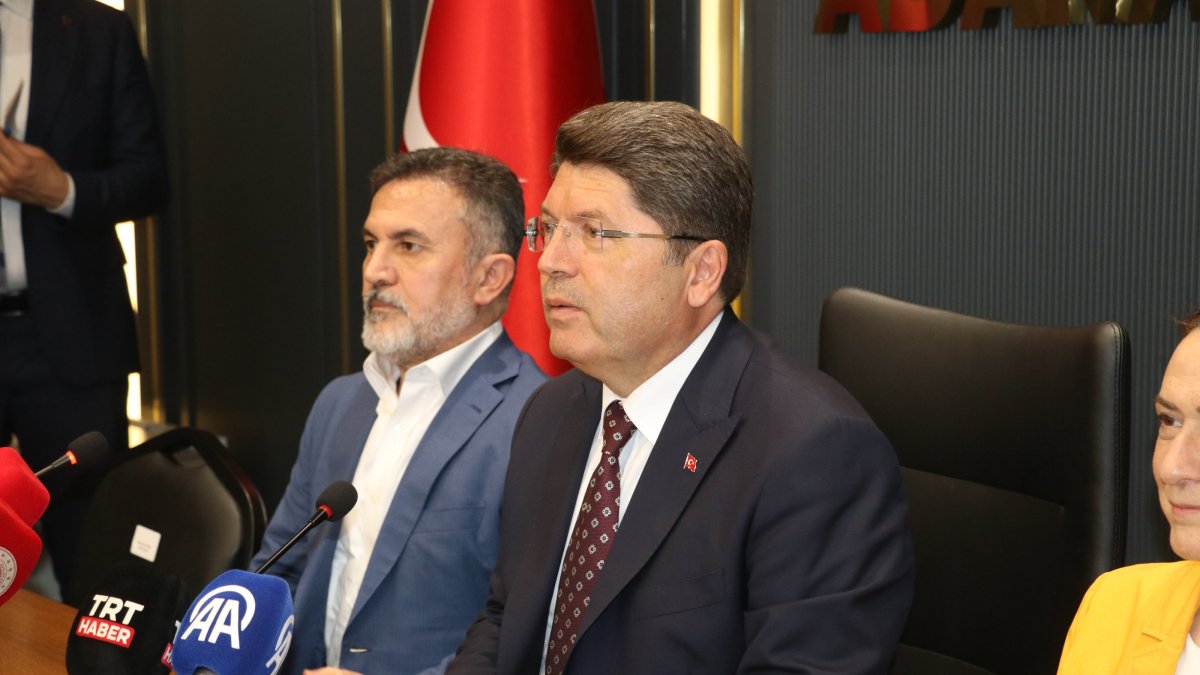

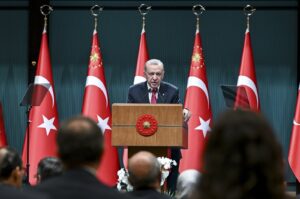

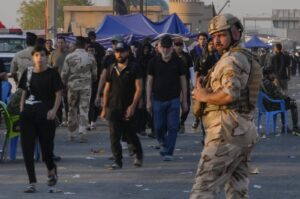

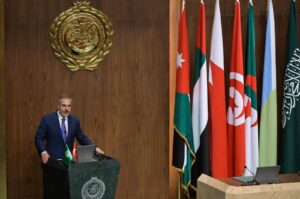
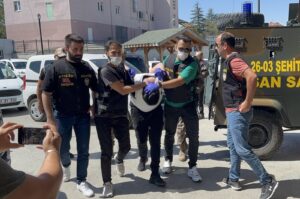

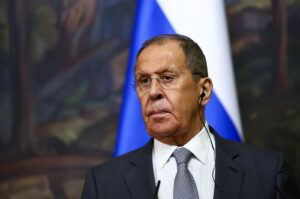
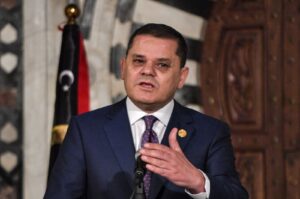

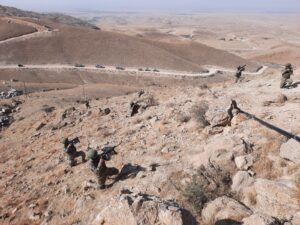
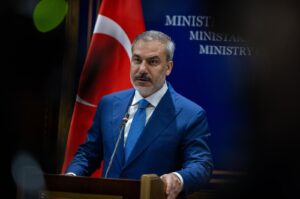



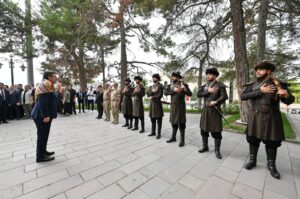



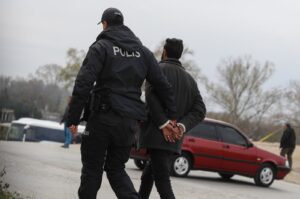



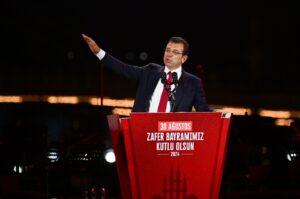

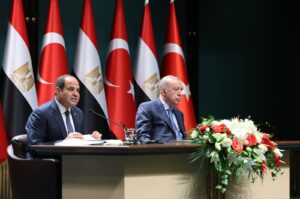
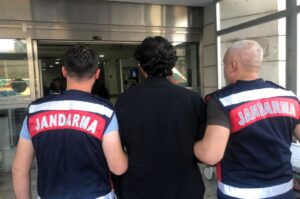
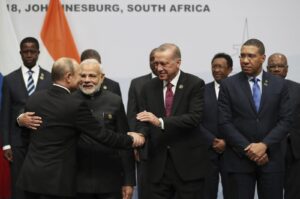


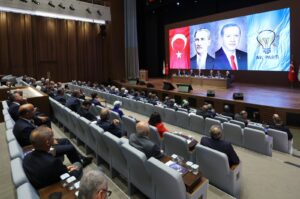
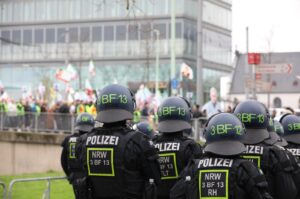
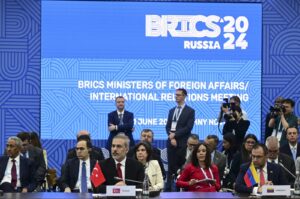
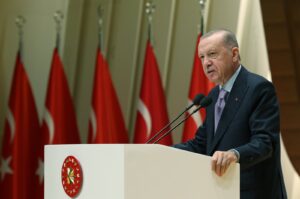

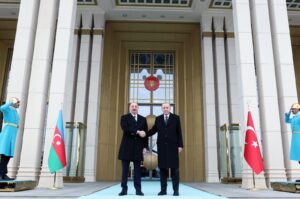


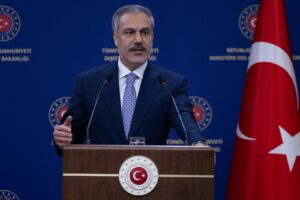
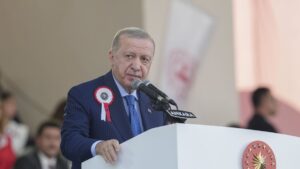
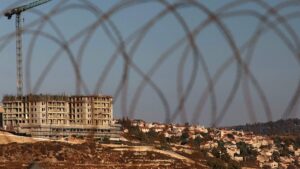
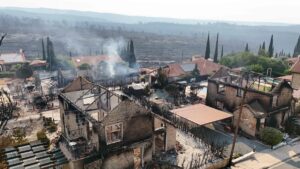

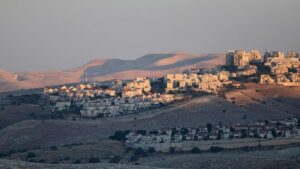




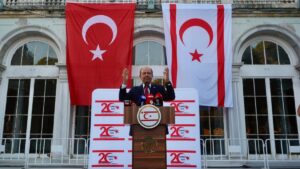
Be First to Comment